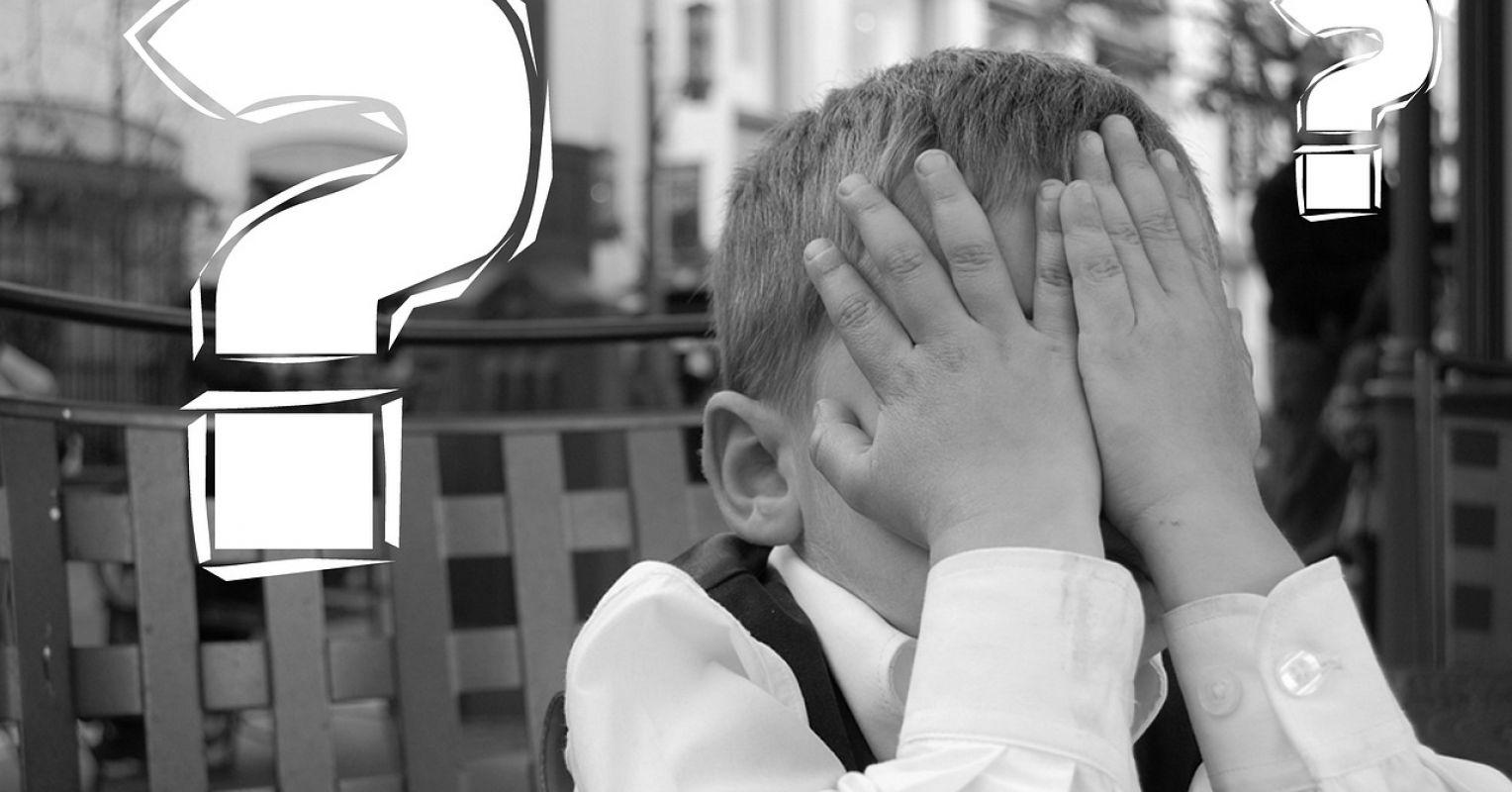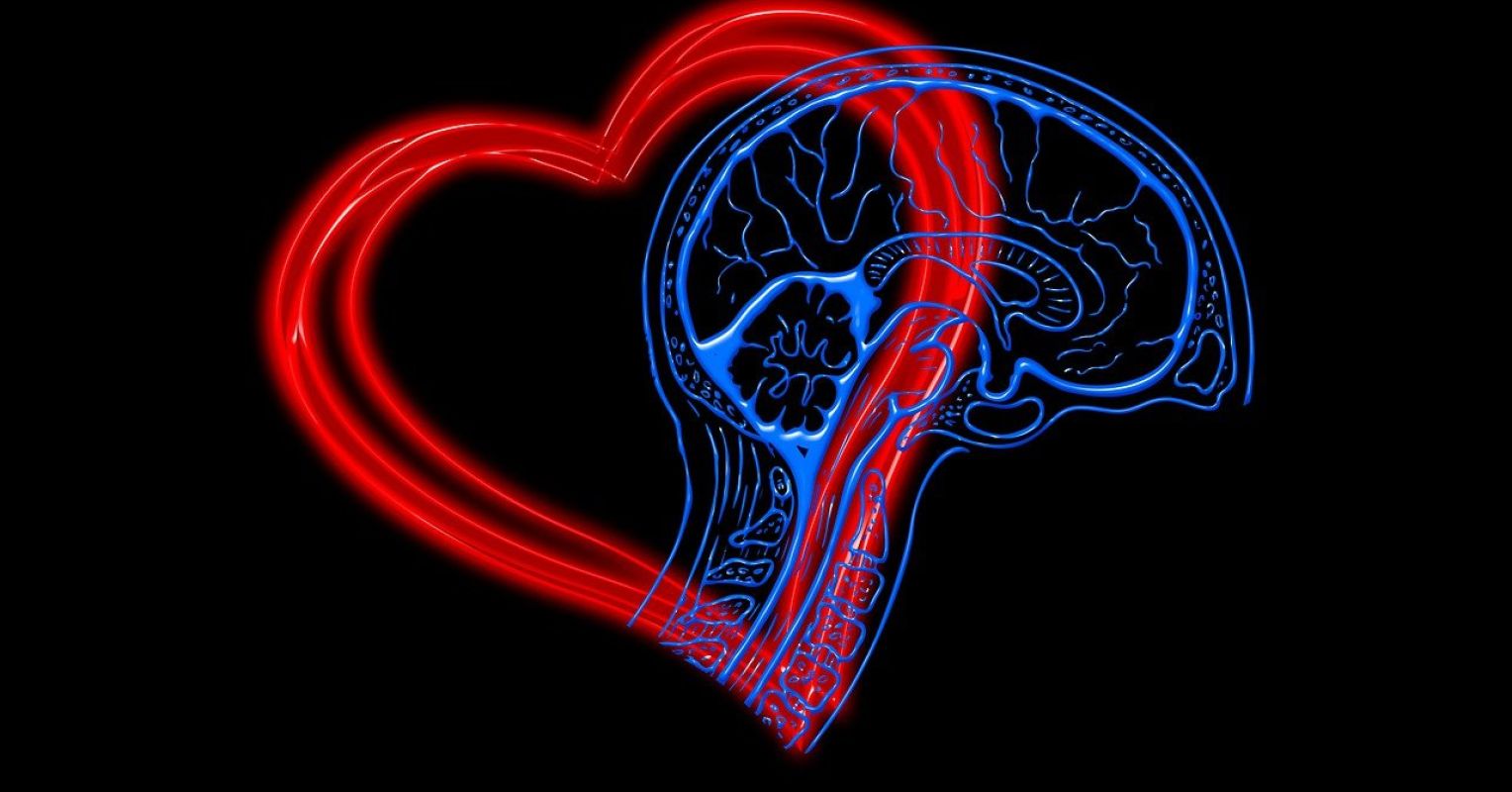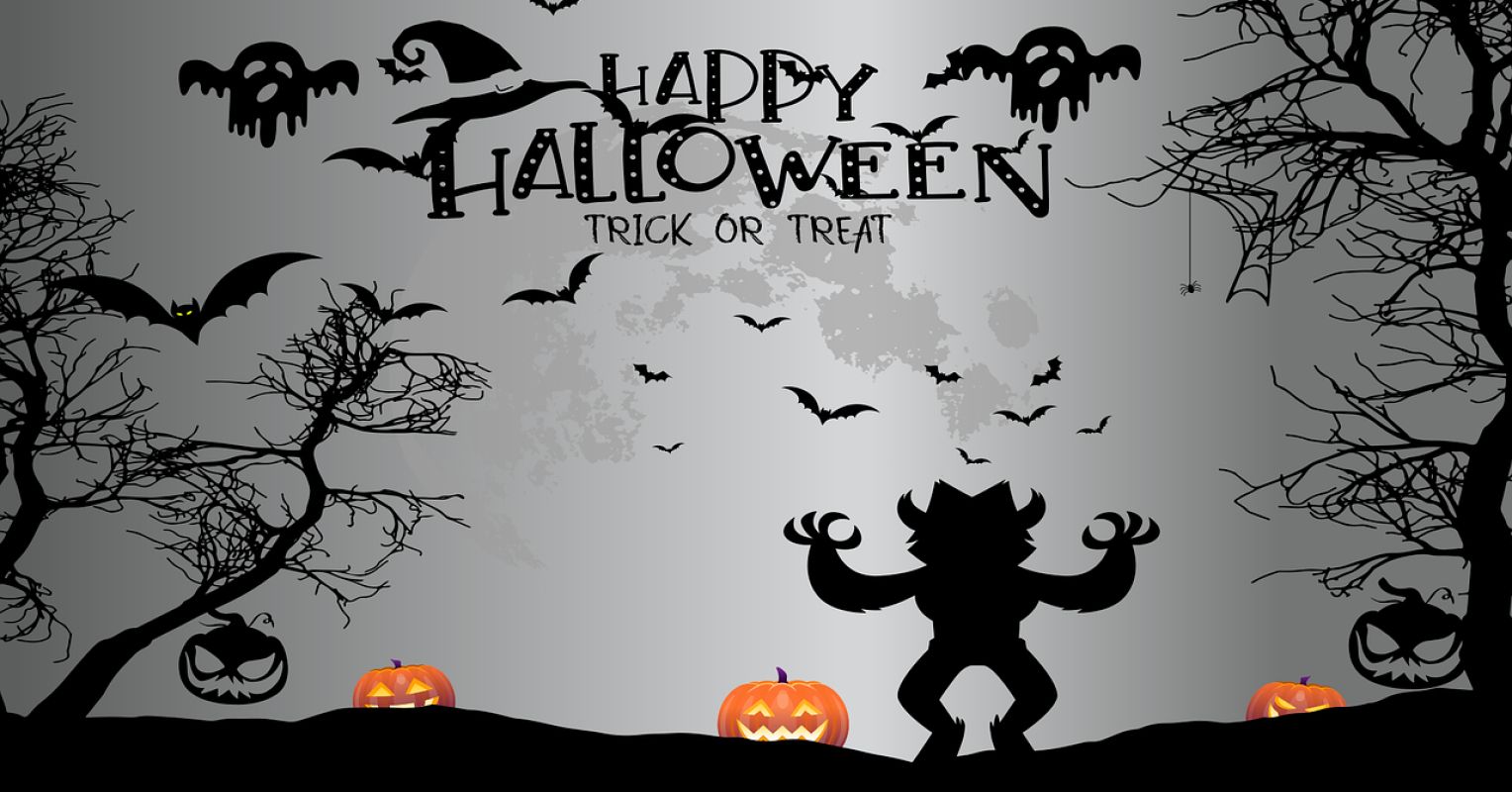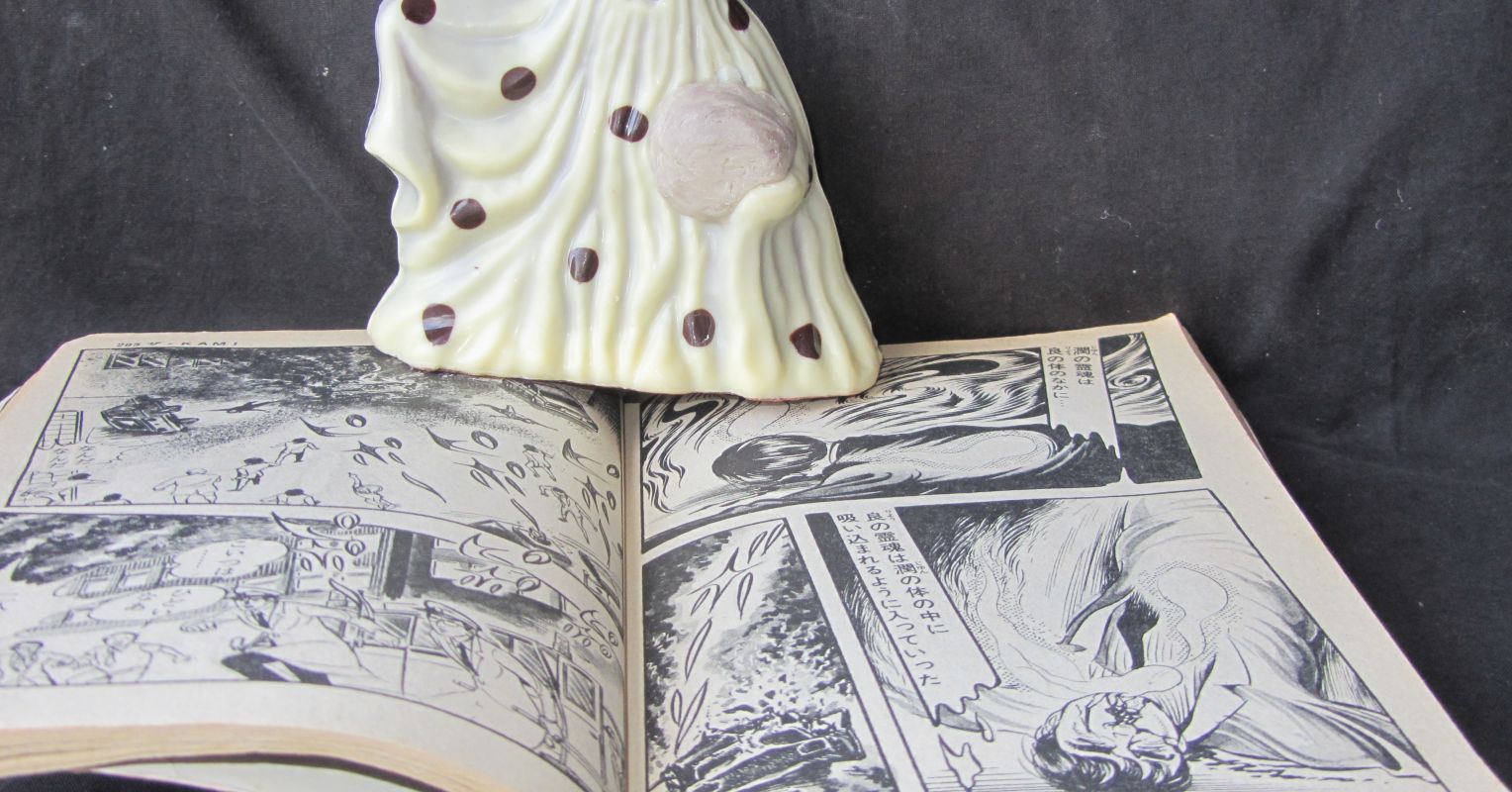Psychology
fromYoga Journal
15 hours agoThis Influential Planet is About to Retrograde. Here's What it Means for You, According to Your Astrological Sign.
Jupiter retrograde in Cancer prompts emotional reevaluation, quiet realignment, and healing of long-standing inner patterns related to belonging and safety.










